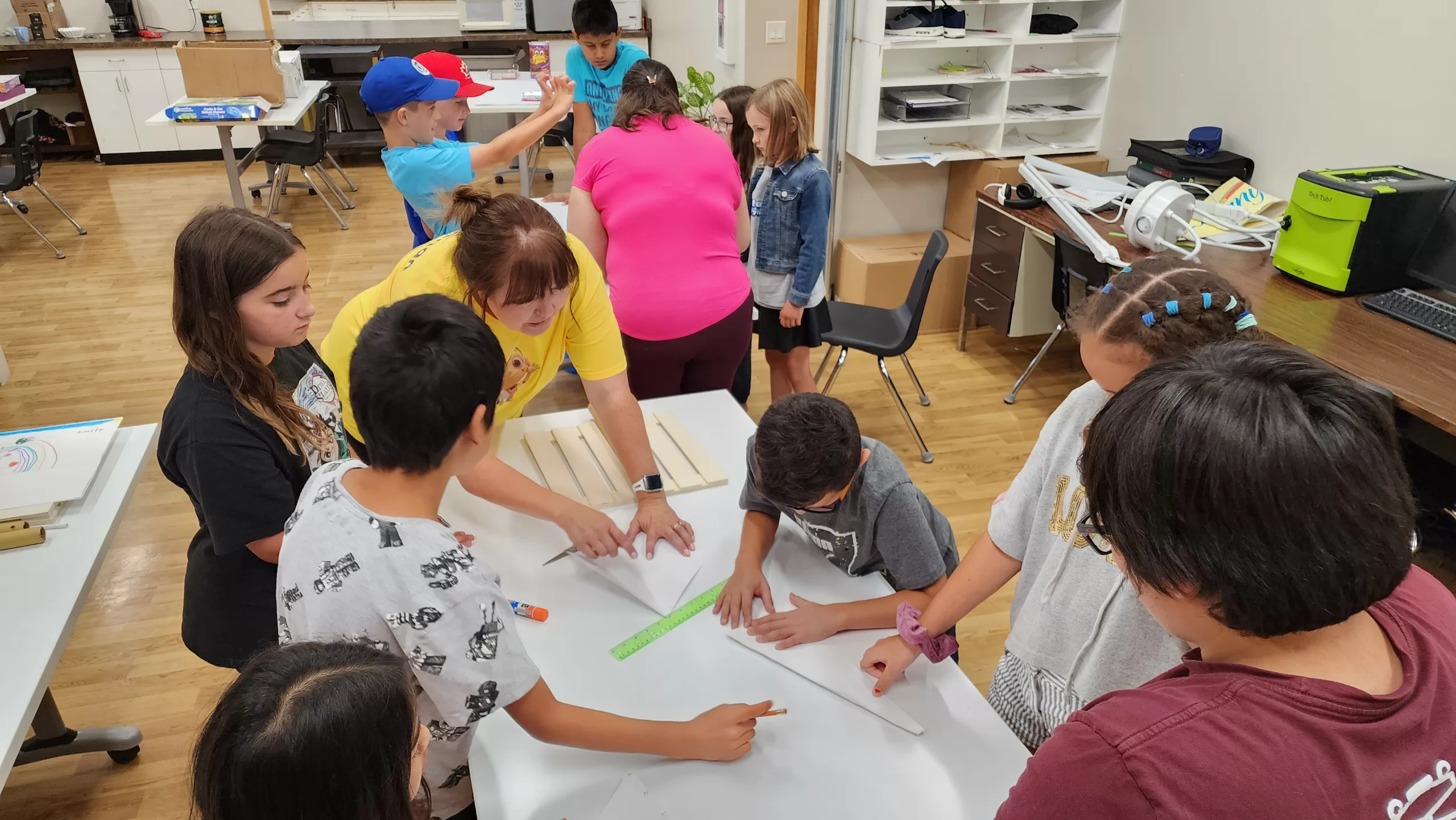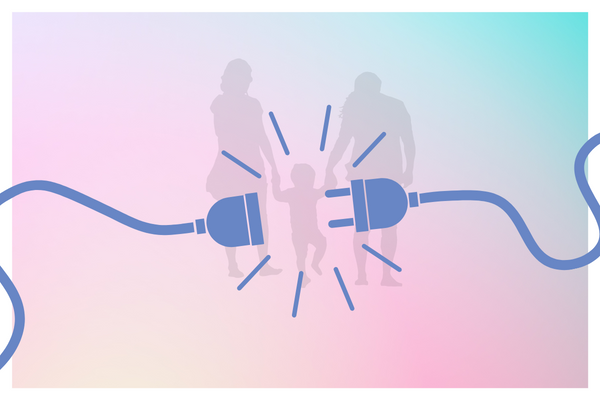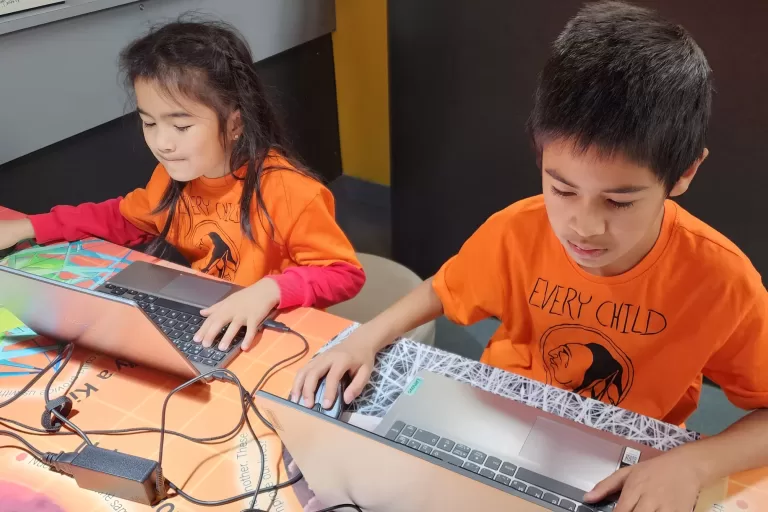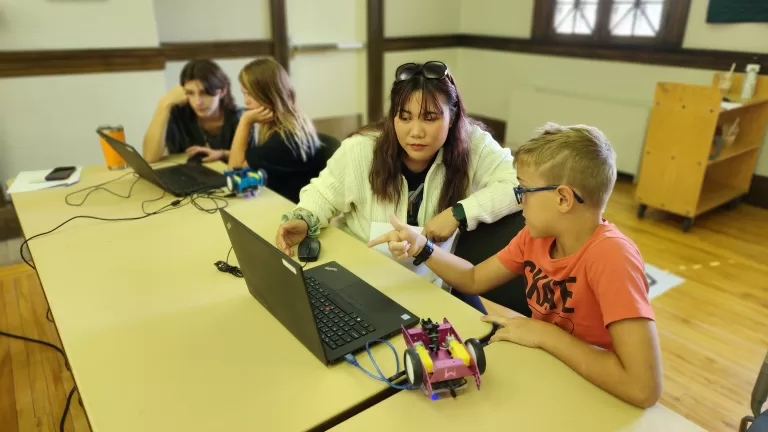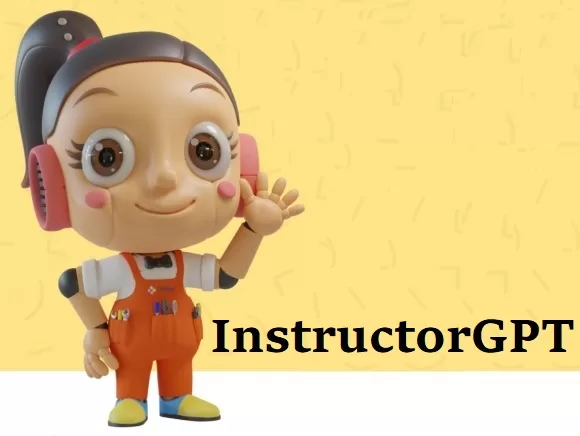In today’s fast-paced and competitive world, it is becoming increasingly important to equip young children with essential skills that will set them up for success in the future. These skills, often referred to as “soft skills,” go beyond academic knowledge and are crucial for personal and professional development. By instilling these skills at a young age, we can help shape the leaders, innovators, and problem solvers of tomorrow. Let us delve into why teaching essential skills at a young age is of utmost importance.
Building Strong Foundations: The Power of Early Development
Early childhood is a critical period for brain development, making it the perfect time to introduce and nurture essential skills. When children are exposed to these skills at a young age, they are more likely to grasp and internalize them, forming a solid foundation that will benefit them throughout their lives. By starting early, we can help children develop qualities such as communication, critical thinking, creativity, and resilience, which are essential for success in various aspects of life.
One of the most significant advantages of teaching essential skills at a young age is the long-lasting impact it has on a child’s cognitive abilities. For example, by encouraging problem-solving and critical thinking, we help children develop a strong analytical mindset that will enable them to approach challenges with confidence as they grow older. Similarly, promoting creativity and imagination in early childhood can lead to innovative thinking and the ability to generate unique solutions. The earlier these skills are introduced, the more ingrained they become, providing children with a solid platform for future learning and growth.
Fostering Well-Rounded Individuals: Holistic Development in Early Childhood
While academic knowledge is undoubtedly important, it is crucial not to overlook the development of essential skills during a child’s early years. These skills, including teamwork, adaptability, empathy, and leadership, are essential for building well-rounded individuals who can thrive in diverse social and professional settings. By teaching these skills at a young age, we not only enhance a child’s social and emotional intelligence but also lay the groundwork for the development of positive relationships and effective collaboration.
Furthermore, instilling essential skills at a young age promotes a sense of self-confidence and self-awareness in children. When children are provided with opportunities to practice and master these skills, they build a sense of belief in their abilities. This confidence will empower them to take on challenges, pursue their passions, and become proactive participants in their own lives. By fostering holistic development in early childhood, we are shaping individuals who are equipped to navigate the complexities of the modern world with grace and resilience.
STEM Education: Framework for Essential Skills Development
STEM education serves as an ideal framework for imparting essential skills due to its hands-on, experiential approach and interdisciplinary nature. Students actively engage in problem-solving and critical thinking, applying theoretical knowledge to practical scenarios. This not only fosters creativity and innovation but also instills adaptability and resilience through the iterative process of experimentation and improvement. Collaborative learning in STEM encourages teamwork and communication, preparing students with the interpersonal skills crucial for diverse professional settings.
Moreover, the incorporation of technology in STEM subjects enhances technological literacy and equips students for the digital future. Exposure to the latest advancements fosters information literacy and adaptability to emerging technologies. Overall, STEM education uniquely integrates these elements, providing students with a holistic development that prepares them for success in both academic pursuits and the evolving landscape of the professional world.

